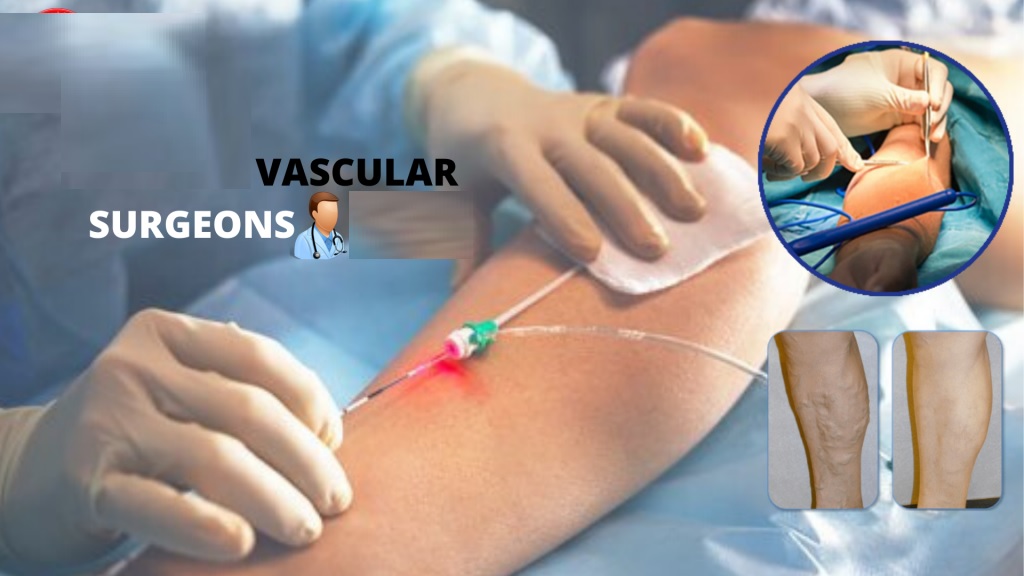Vascular doctors, sometimes known as vascular interventionists, are medical professionals with considerable training in identifying, managing and treating disorders affecting the vascular system. A vascular surgeon is an expert in circulatory system conditions and focuses on treating artery and vein problems throughout the body except for the heart. You may be required to visit a vascular surgeon at some point if you experience problems with your blood vessels. Here is what you need to know.
What is the vascular system?
Veins and arteries comprise the circulatory system, sometimes called the vascular system. Vascular issues are systemic since they involve a system. For instance, you may have narrowing arteries elsewhere if you have them in one location.
Why should you visit a vascular surgeon?
Most patients are recommended to a vascular surgeon by their physician. Their symptoms of vascular illness or the inability to feel a pulse in an arm or leg during a consultation may have prompted them to seek medical attention. Certain vascular disease symptoms and indicators may warrant visiting a vascular surgeon in your nearby hospital and surgery center. They include
- The skin on the legs becomes darker
- Stroke or mini-stroke in the past
- Walking causes leg pain
- Veins that hurt or bulge
- Inflammation in the extremities (arms, hands, legs, feet)
- Inability to heal wounds on the extremities
It’s easy to attribute these symptoms to aging or arthritis. However, they could also indicate a more severe condition. You should get immediate attention if you experience the following:
- Abrupt vision loss
- Having numbness in one’s face, arm, or leg
- Confusion
- Difficulty walking
These symptoms may indicate a stroke or mini-stroke. Even though a mini-stroke may only last a short while, it must be treated immediately.
Will you require vascular surgery if you visit a vascular surgeon?
Vascular surgeons can treat many diseases without resorting to surgery. Treatment options include prescription drugs, compression stockings, dietary changes, and instruction. However, options are plentiful when surgery is the last resort.
There are both conventional and minimally invasive techniques, such as endovascular angioplasty, stenting, and laser vein ablation. A minimally invasive method can be used to treat even an abdominal aortic aneurysm. The advantages of minimally invasive vascular operations are numerous and include the following:
- Quicker time for recovery
- Lesser pain
- Diminished possibility of problems
- Scarring is less
Who is susceptible to vascular disease
The vascular disease carries risks akin to those associated with heart disease. Some of them include tobacco use, a family history of the condition, a sedentary lifestyle, and high blood pressure and cholesterol. Risk factors include old age and physical disorders, including diabetes and kidney disease.
How can you lower the risks?
We advise adopting a healthy diet, increasing your physical activity level, taking your medications as prescribed, and ensuring that your blood pressure and diabetes are under control. Another very significant thing is to stop smoking. Early detection and adequate management are also important, and monitoring enables you to make necessary medicinal and lifestyle changes while ensuring the condition is not advancing.
the takeaway
When you require a vascular surgeon, look for one who is licensed and experienced.

